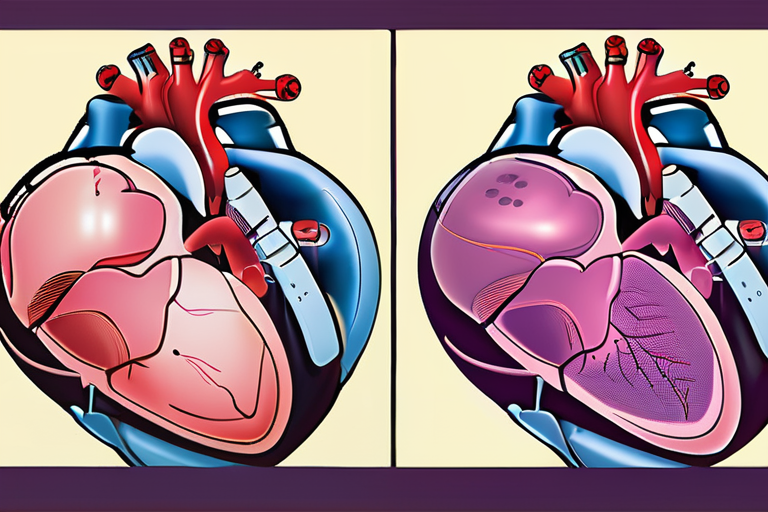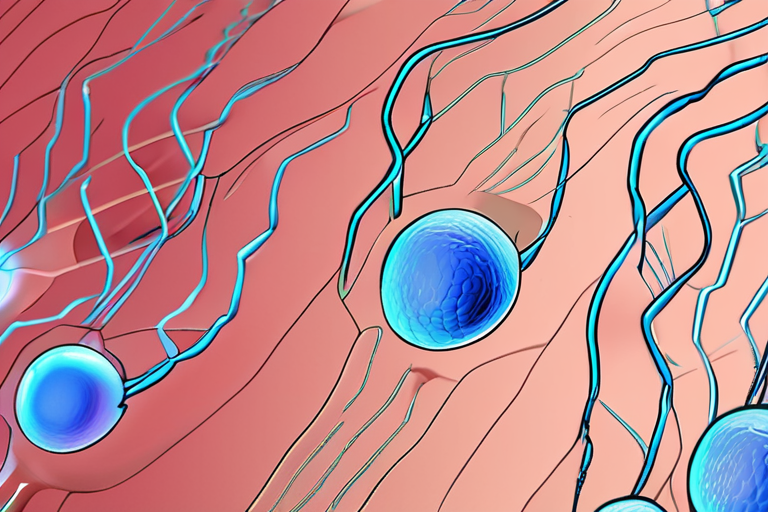Breaking News: Scientific Community Scores Big with Brahma Breakthrough Correction
In a stunning turn of events, a correction has been issued to a groundbreaking study published in Nature, revealing that Brahma safeguards the canalization of cardiac mesoderm differentiation. The correction was made after an inadvertent image duplication error was discovered in Extended Fig. 7b, which was later found to be part of a larger issue affecting Extended Fig. 3g. The errors, which occurred during figure preparation, do not compromise the results or conclusions of the research.
The correction was issued on January 26, 2022, and was made possible after PubPeer alerted the authors to the issue. The authors, a team from the Gladstone Institutes in San Francisco, California, have since updated the figures in the HTML and PDF versions of the article, making the corrections available to the scientific community.
The immediate impact of the correction has been minimal, with the scientific community praising the authors for their transparency and prompt response. "This is a great example of how the scientific community can work together to ensure the integrity of research," said a spokesperson for the Gladstone Institutes.
The study, which was originally published on January 26, 2022, was a major breakthrough in the field of chromatin remodelling, differentiation, and embryonic stem cells. The research, which was led by the Gladstone Institutes team, provided new insights into the role of Brahma in safeguarding the canalization of cardiac mesoderm differentiation.
The correction is a minor setback for the research, but it highlights the importance of rigorous quality control and peer review in scientific research. As the scientific community continues to push the boundaries of knowledge, it is essential that researchers prioritize accuracy and transparency.
With the correction now in place, the scientific community can continue to build upon the groundbreaking research, and the authors can move forward with their next project. The Gladstone Institutes team is already working on new research, and their findings are expected to be published in the coming months.



























Share & Engage Share
Share this article